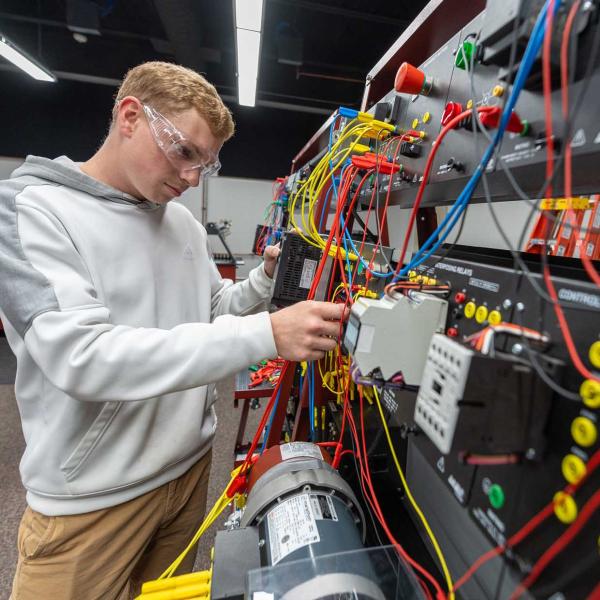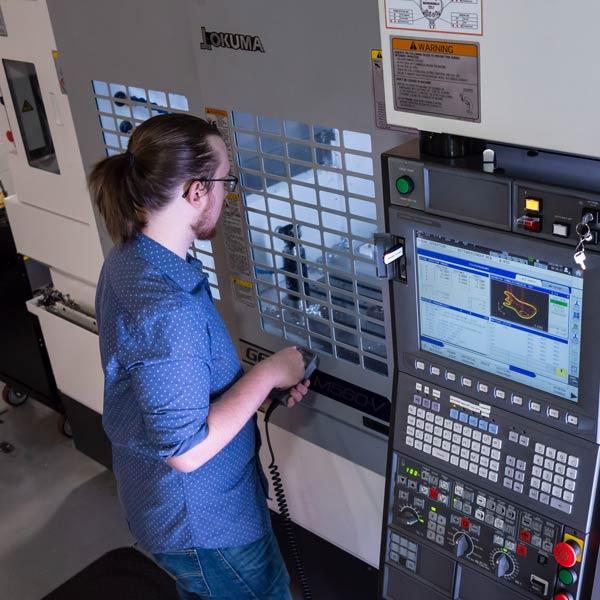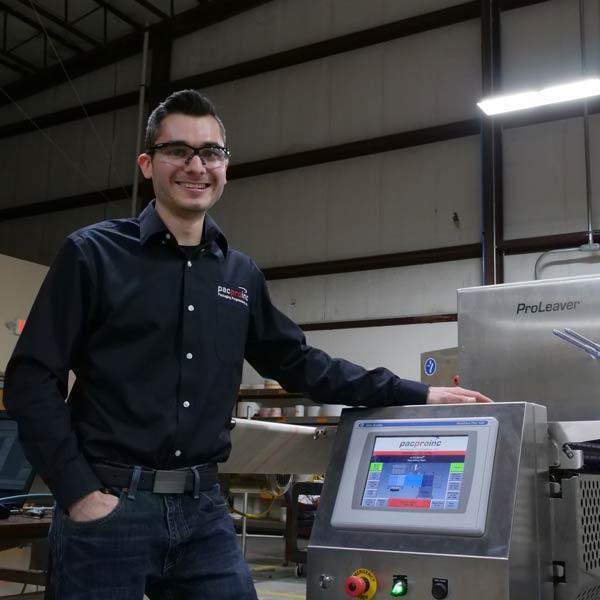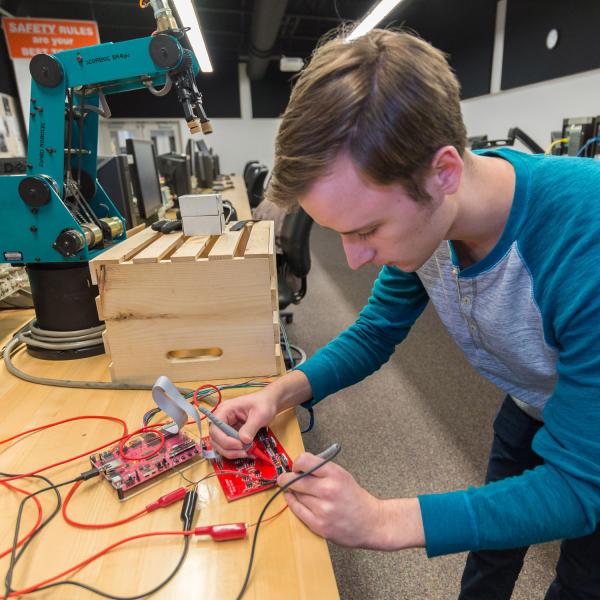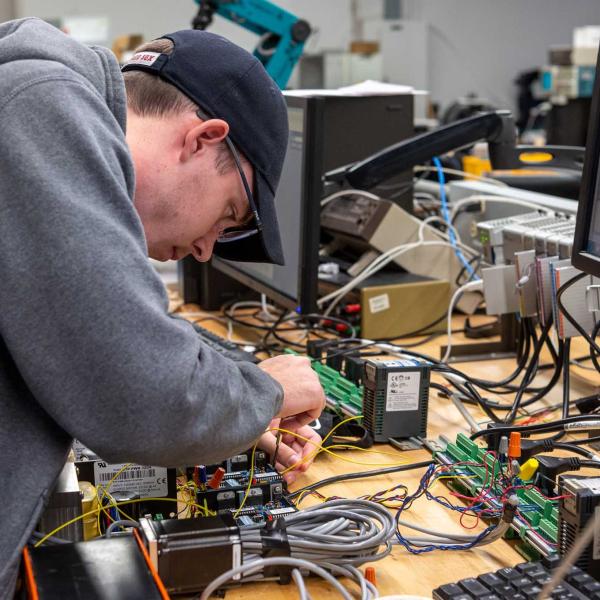Nanofabrication Technology

About this program
Explore the potential of nanotechnology. And take advantage of the rare opportunity to study for a semester in Penn State's multi-million-dollar Nanofabrication Facility at University Park. There, you’ll experience working in a clean-room environment using industry-specific tools to create the silicon devices impacting the computer, communications, and electronics industries.
Next steps...
You're on your way to becoming a tomorrow maker.
18
Credits
Boost Career Potential
9,500
Square-Foot Lab
Courses
At Penn College, we believe your educational experience should go beyond specialized skills. Real-world ready means taking a broader approach that builds communication skills, inspires collaboration, and encourages exploration of arts, history, and science.
Specialization requires in-depth knowledge and high-level proficiency. Students learn and apply major-specific concepts, skills, and methods.
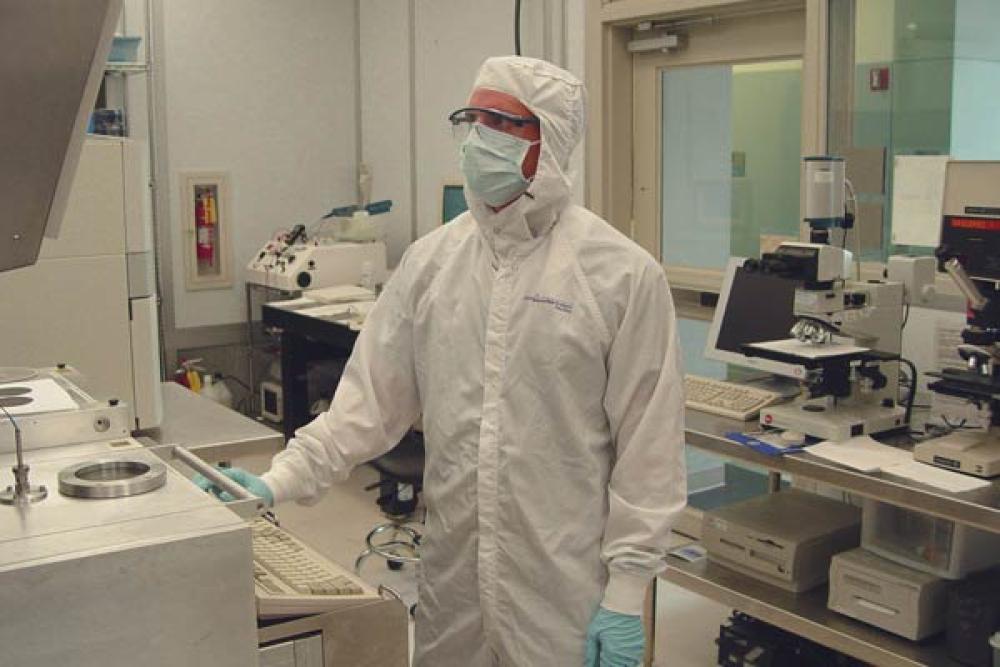
Facilities
Penn State Nanofabrication Lab
World-class capabilities are at your fingertips in this progressive 9,500 sq. ft. integrated lab facility.
Tour Schedule
Seeing is believing.
Think Penn College might be a good fit for you? Make plans to visit and discover what hands-on learning is all about.
Feb 21
Undergraduate Open House
Saturday, February 219 AM - 3 PM
Apr 26
Undergraduate Open House
Sunday, April 269 AM - 3 PM
Related Programs
Follow your passion
Penn College News
Friday, September 5, 2025
Alpha Chi members collect supplies for Kenya medical clinic
Wednesday, February 5, 2025
TC Energy Corp. awards grant to Penn College
More Information
- A competency credential must be completed within three years of enrollment in the credential.
- Non-traditional credit such as credit-by-exam, work/life experience, and transfer credit is limited to one third of the total credits in the credential. Two thirds of the requirements must be completed by course enrollment.
- Students must earn a grade of C or better in each course to merit the credential.
Alternative Credit refers to academic credits earned through means other than traditional college course completion, including: credit by exam, articulation, proof of competency gained in high school, work/life experience, and advanced placement.
Visit the Alternative Credit Options page for requirements and procedures and for information on credit through Advanced Placement.

